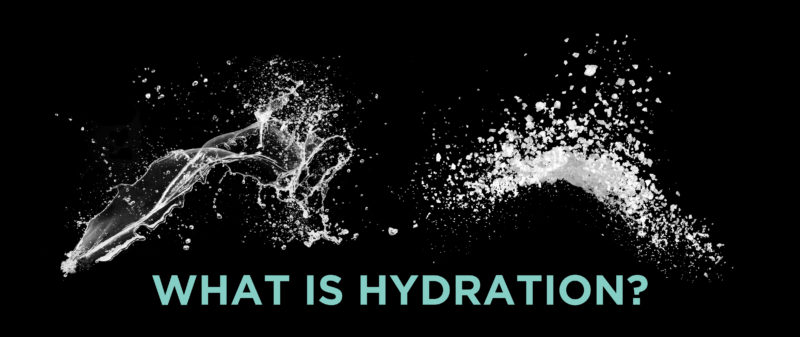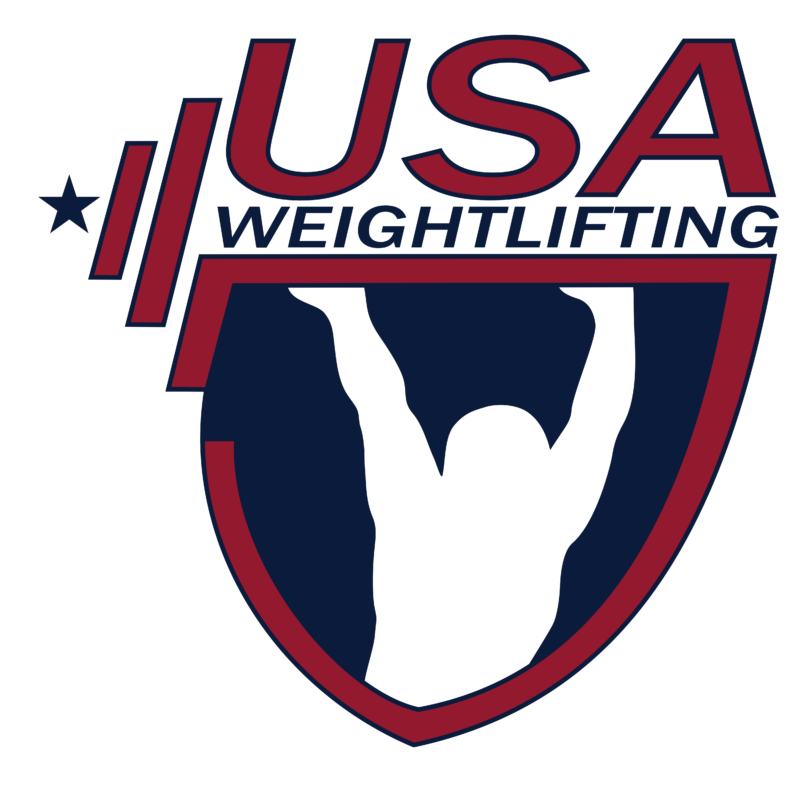This will be part 1 of a multi-part series for everyone, but in particular, the USA Weightlifting community.
If one were to look for a topic that most people agree upon in performance athletics, hydration might be one of the few topics that does not produce a fistfight or an interaction that looks as unruly as typical Youtube comments. From mainstream medicine to alternative health practitioners, “hydration” is something that is generally agreed to be a good thing.
But what IS hydration?
Most people, when asked the question above, will correctly associate hydration with water, but this is at best only half of the story. In chemistry, “hydration” is defined as something like this:
The process of combining a substance chemically with water molecules.
This is actually a helpful insight, as proper hydration from a health and performance perspective is concerned not only with water, which plays a remarkable number of roles: from improving cardiac output due to proper fluid volume, aiding in proper joint health by keeping synovial fluids at optimum levels, and, of course, helping us to maintain a healthy temperature range via sweating. An often-overlooked piece of the story, however, is the role of electrolytes in hydration.
Electrolytes are ionic forms of metal (for the most part) that are mainly composed of calcium, magnesium, potassium, and sodium (as well as their counter-ion, typically something like chloride or bicarbonate. Table salt (sodium chloride), for example, can be written as NaCl when in the dry form we use to season our food, and is written as Na+ Cl- when dissolved in a medium such as water. Electrolytes are not just important to hydration, they are at the very root of how all life functions. Not only do the relative amounts and ratios of electrolytes allow water to actually get into tissues and cells, the machinery that produces energy in everything from our heart, thigh muscles, and movement of bacteria rely on electrolytes.
Proper hydration is clearly important, but the tendency to overlook the electrolyte piece of this story can lead to a lot of misery. Far too many people assume that all they need to do is just drink more water. Unfortunately, that’s not the case, and simply drinking more water can, in fact, make an already bad situation worse. This is a great article from MDAlert that is pretty eye-opening https://www.mdalert.com/article/every-year-more-athletes-are-injured-by-hyponatremia-than-dehydration
From the article:
“The Myths of Dehydration and Heat Illnesses
- The primary cause of hyponatremia in athletes is drinking too much water.
- The incidence of hyponatremia appears to be between 13% and 15% among endurance athletes.
- Sodium supplementation has no effect on the occurrence of hyponatremia.
- There seems to not be a single case of death resulting from sports-related dehydration in the medical literature.
Every summer in the United States, athletes die and suffer neurologic complications from drinking too much. The U.S. Army has seen the same result in a percentage of soldiers. The culprit is hyponatremia, and the data suggest that the primary cause is simply drinking too much water.
Hyponatremia is a condition of too little sodium in the body, specifically the blood. Unfortunately, about 50 years ago, sodium was thrown under the proverbial bus as a problem for health and wellness. This coincided with the fairly unscientific suggestion to “drink more water,” and the result has been decreased performance for many, and illness or death for some. All from mistaking hydration as simply meaning “water.”
In future installments we will look at what some of the health concerns are surrounding electrolytes, especially sodium. It may be that some well-intentioned advice was…well, “wrong.” We will also look at how much, what types, and where we can get the electrolytes (and by extension, hydration) we need to live and perform better.
Via Health & Wellness http://www.rssmix.com/

No comments:
Post a Comment